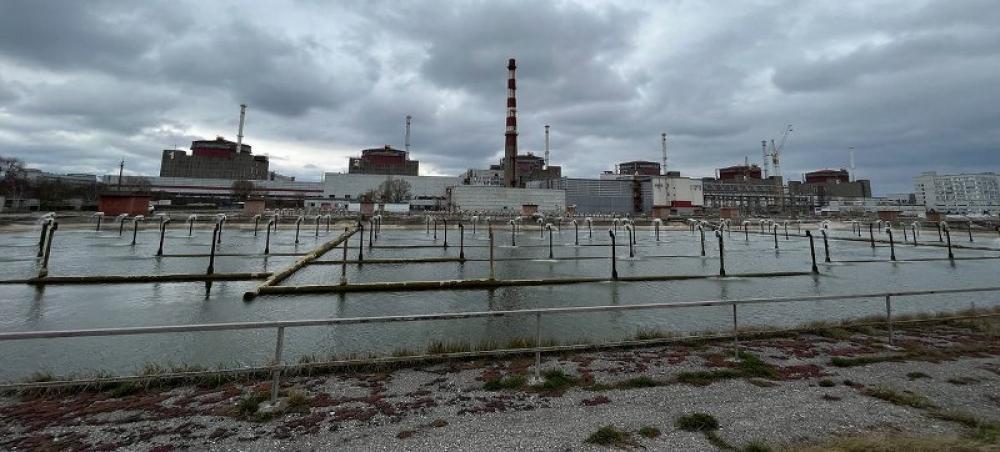Just Earth News 30 May 2017, 06:19 am Print
M Guthrie
The week-long meeting in Oslo “is expected to define the responsibilities of the concerned states as well as Regional Fisheries Management Organizations and other international bodies,” according to the UN Food and Agricultural Organization (FAO), which helps countries implement the landmark treaty.
Those issues include how a port will notify everyone concerned when a ship violates the treaty, and what resources developing countries might need to do such work.
Participants at the week-long event in Oslo, which began on Monday, are from the more than 46 countries that have endorsed the Agreement on Port State Measures to Prevent, Deter and Eliminate Illegal, Unreported and Unregulated Fishing (PSMA).
Adopted as an FAO Agreement in 2009 after a years-long diplomatic effort, the PSMA is the first ever binding international treaty that focuses specifically on illicit fishing.
“This treaty signals a real sea change in the international community's commitment to combat IUU fishing in a concerted and joint manner,” said Árni M. Mathiesen, FAO's Assistant Director-General for Fisheries and Aquaculture.
Parties to the PSMA currently account for more than two-thirds of the global fish trade and range from Albania, Cuba and Palau, to Indonesia and the United States. Japan – one of the world's largest fish importers – and Montenegro will become full parties next month.
IIU fishing amounts to up to 26 million tonnes worth $23 billion a year, FAO has said, calling it a “huge threat to all efforts to bolster sustainable fishing in the world's oceans.”
The practice is considered so harmful that is it explicitly listed in the Sustainable Development Goals. The international community aims to end the practice by 2020.
According to FAO, parties to the PSMA are obliged to implement a number of measures while managing ports under their control, with the goals of detecting illegal fishing, stopping ill-caught fish from being offloaded and sold, and ensuring information on unscrupulous vessels is shared globally.
These include requiring foreign fishing vessels wishing to enter ports to request permission in advance, and transmitting detailed information on their identities, activities, and the fish they have onboard.
Ships suspected of being involved in IUU fishing can be denied entry into port outright; permitted to enter for inspection purposes only; or permitted to enter but refused permission to offload fish, refuel, or resupply.
- Russia spy whale Hvaldimir was shot dead, claims animal rights groups
- UNESCO adds eleven new biosphere reserves to global list
- Scientists are now planning to reintroduce Dodo, Mauritian Wildlife Foundation and US-based company sign partnership for project
- Kenya: 10 lions killed, conflict between human and wild animals increase
- Biodiversity and ecosystem protection highlighted on Mother Earth Day






